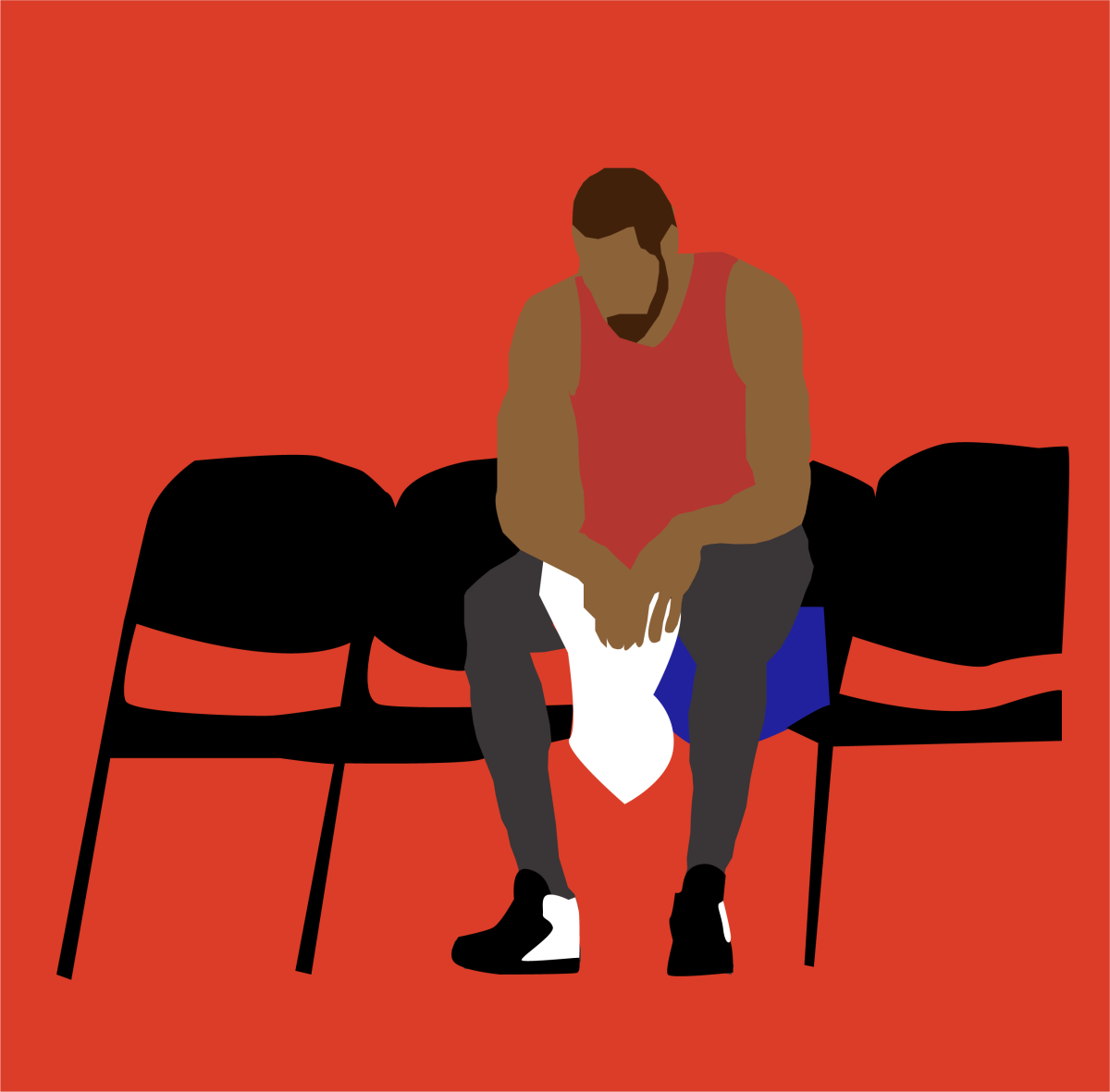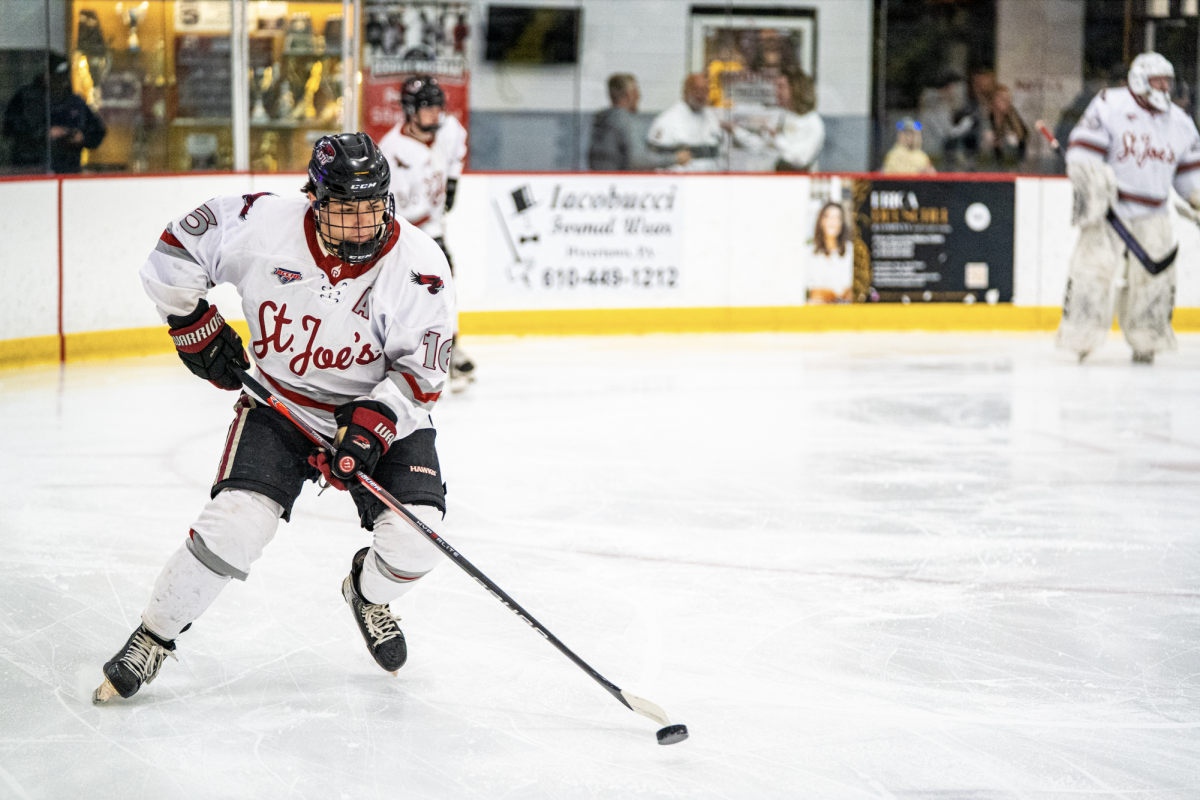The term “load management” refers to healthy players voluntarily sitting out games for rest purposes. People have really started debating the intricacies of load management following the National Basketball Association’s (NBA) $50,000 fine of Los Angeles Clippers Head Coach Doc Rivers following comments he made about the health of Kawhi Leonard.
When talking to reporters on Nov. 6, Rivers said Leonard, “feels great,” which contradicted the NBA’s statement that supported the Clipper’s decision to sit Leonard, who was listed as managing a knee injury.
Leonard is the central figure in the load management debate currently going on in the NBA. Last season with the Toronto Raptors, Leonard sat out 22 regular season games for rest purposes and did not play in a single back-to-back game. However, the strategy seemed to pay off, and the Raptors won the NBA Finals while being led by Leonard, who was given the NBA Finals MVP Award.
While it seems like load management could be the future of the NBA, there are some players who don’t seem to like the trend. LeBron James, a notorious iron horse in the NBA, said in an interview: “If I’m hurt, I don’t play. If not, I’m playing. That’s what has always been my motto.”
Personally, I think the difficulty in discussing load management and resting is that every player’s body is different.

Of course there are players who are able to go out every night and play high volumes of minutes every game without suffering injuries, but I think that looking at these players and holding every player to the same standard is unrealistic. An 82 game season puts a lot of stress on players, both mentally and physically, and I think it is healthy for them to take a break every once in a while.
Another thing to consider when talking about players resting is injury history. Leonard has been plagued by injuries throughout his career, so it makes sense to me that as he gets older he wants to manage how much stress he subjects himself to.
Players like James who are still playing every night and putting up all-star numbers in their mid 30s should be looked at for what they are: an anomaly, not a benchmark for other players of his caliber.
Lastly, there are some people who will argue that players voluntarily sitting out games is unfair to fans who pay to go to the games. After all, in the case of the Nov. 2 Toronto Raptors vs. Milwaukee Bucks game, a potential battle between the NBA Finals MVP Award recipient Leonard and the NBA MVP Award recipient Giannis Antetokounmpo, the news of Leonard sitting was announced well after the game was sold out and put on the slate for national coverage. Still, as a fan, I would much rather see a player rest if they felt that it was necessary to stay healthy for the rest of the season than see that player force themselves to play and risk an injury.
Overall, the load management debate is one that seems to have no definite answer.
One thing that can be said is that maybe an 82 game regular season is too long and puts too much stress on players’ bodies. Moving forward, it will be interesting to see if more players start resting more often, or if they will be opposed to the idea, as well as if the NBA will do anything to make things easier for players.
















































